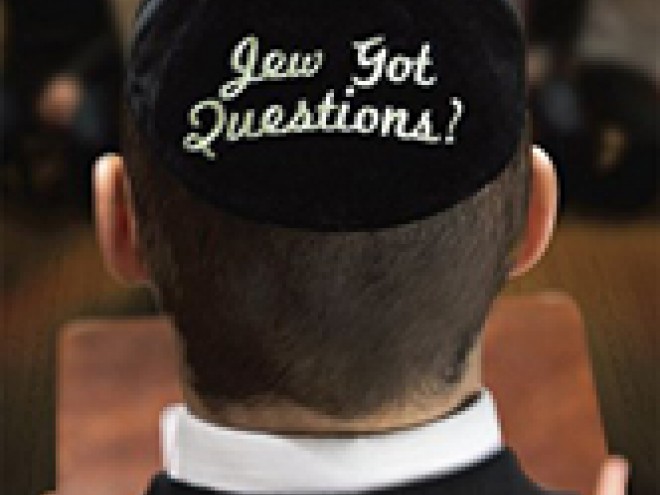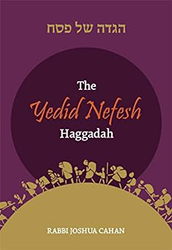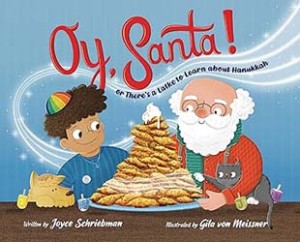Liora Gubkin, assistant professor of religious studies at California State University, Bakersfield, opens her examination of the place of the Holocaust in the seder with the fear, expressed by an anonymous survivor, that we will forget, “for we are prone to forgetting fast.” How, Gubkin asks, can we incorporate the Holocaust into our seders to prevent our forgetting?
In her study Gubkin poses several problems. Framed in academic terms, these problems often take the reader beyond the seder to consider larger questions of ritual performance and its significance, psychology, and theology. These problems are illustrated with well-chosen examples from contemporary haggadot and firsthand Holocaust testimonies that bring immediacy to the questions. In the hands of a sensitive leader this material — separated from its illustrative purpose — could enrich any seder.
Ultimately Gubkin comes to realize that her long study does not yield answers to her question and her hope of prescribing a way to read the Holocaust into the seder. To make a seder live beyond the text, participants must look to their own values and concerns and formulate their own questions. Bibliography, glossary, illustrations, index, notes.
Maron L. Waxman, retired editorial director, special projects, at the American Museum of Natural History, was also an editorial director at HarperCollins and Book-of-the-Month Club.





